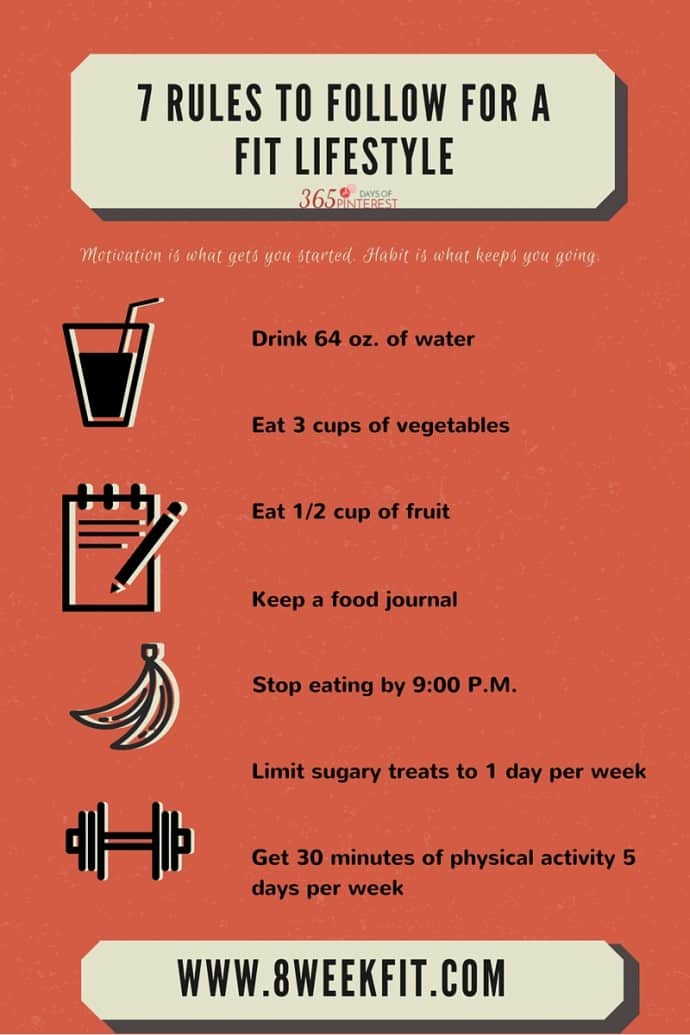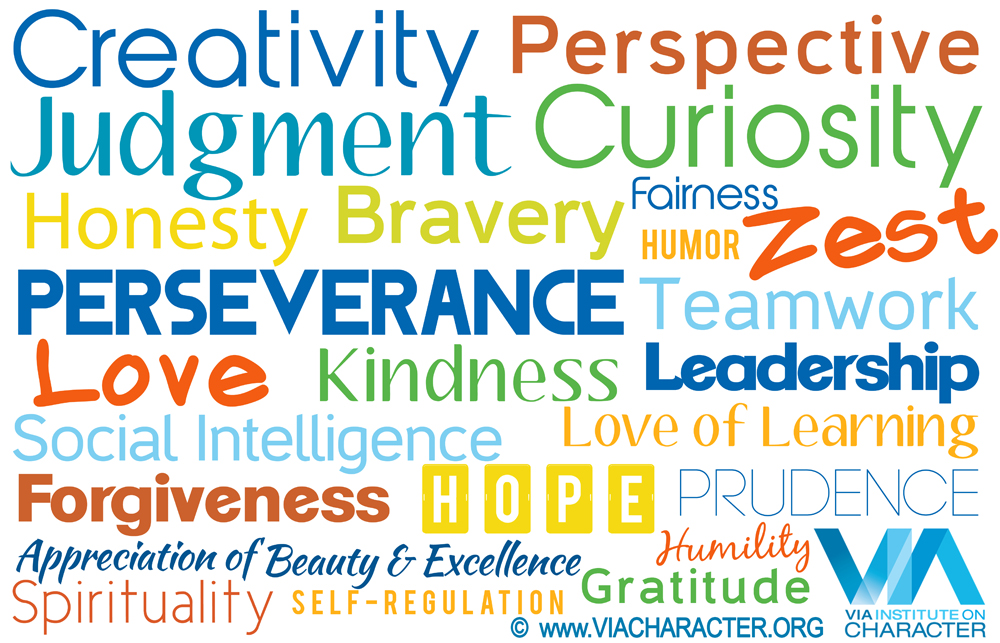Your assignment is to create a blog post about leading change.
Review the reading called "Organizational Behavior Reading: Leading
Organizational Change" by Ryan Raffaelli. Select 3 points made in the
reading that really resonate with you. For each, write:
1. What the part your selected says.
2. Why it is meaningful to you.
3. An example (real or hypothetical) of how or
when this would apply.
Point
1: Why Is Change Needed?
In this section of the text, the need for change is
made explicit to the reader. Leaders tend to find themselves tasked with the
role of initiating change at some point along their journey with an
organization. In order to determine why the change is needed leaders have to
determine what type of gap exists, performance or opportunity. Performance gaps
bring change that can improve current practices while opportunity gaps create
new routines and practices for the future. Looking deeper in the reading,
Raffaelli explains that performance gaps are derived from the difference
between what is expected and the actual performance taking place. Leaders must
assess the organization’s current performance based on strategy, objectives,
and vision to determine if this gap exists. More often than not these are
noticed when the leadership compares the performance of his or her organization
to that of the competition and realize there is a shortfall in efficiency.
Too often, we deny that change needs to take place. We
get comfortable and complacent in our work and many times like keeping the
status quo. Unfortunately in today’s world, this just doesn’t cut it. If a
company hopes to keep afloat, thrive, and succeed, change is certainly
inevitable and leaders must realize when change is necessary.
Looking at my current role as STEM Outreach Director,
I came on board as the director at a time when there were some definite
performance gaps in the program I was placed in charge of operating. We were
utilizing outdated technology and were not bringing the latest and greatest in
STEM professional development to teachers and schools. From that, we had lost
one of our biggest districts because we just were not providing what their
teachers needed. This was a definite wake up call. I made some changes in our
practices after consulting with my team that involved changing the process we
implemented as well as some of the practices we were utilizing and the results
have been amazing. We have added additional districts to the project and even
acquired more funding than ever before to keep the project in operation and
promote it’s growth. I wish I would have had this reading when I came on board
as the director as it could have certainly given me greater insight into the
work that I had facing me.
Point
2: Bold Strokes and Long Marches
Implementation tactics define what leaders must do in
terms of initiating the rollout of a change. The research discussed in this
section on the idea of bold strokes and long marches helps explain that leaders
must be the ones to determine the approach to be taken to outline the process
of any change intiative. In looking at the concept of Bold Strokes, this
process involves sending a message from the top of the organization to the rest
of those involved. These certainly command attention and leaders often frame
their bold strokes as the big strategic decisions that have to be made for an
organization in the process of change. In the text examples of buying another
company or developing a new product or
technology by allocating resources to that work were provided. In terms of
looking at the idea of long marches, these are sustained programs and packages
that can really alter the structure or culture of the organization. This
process creates a more durable condition to support change in behavior and
enable employee buy-in.
As a leader, I really see the use for both of these
tactics in initiating change. Sometimes it might be more useful for a leader to
approach change through bold strokes because it can really help establish a new
vision or approach while at the same time it might be supported with a series
of long march type decisions that help set the change across the entire
organization. It is crucial that leaders know when to use the tactics laid out
in this text and how to use them. That is why this resonated so much with me
and the work I do.
In my current work, it was a bold stroke for me to
require a big change in the technology we used to deliver teacher resources
during professional development. Going from a CD that we passed out at each
session to a cloud-based repository that was accessed by teachers via a link
handed to them on a piece of paper was big in our world. Teachers had long
expected something tangible when they came to our trainings but at the same
time many of them were requesting new and improved technology. Luckily my
entire team was on board and it has been a highly beneficial change that has
really improved the work we are doing.
Point
3: Overcoming Obstacles
This short, yet powerful section of the text,
thoroughly explains how and why the leader must manage expectations
appropriately in order to avoid two very common mistakes, declaring victory or
admitting defeat too soon and ignoring change fatigue. In looking at the
concept of declaring victory or admitting defeat too soon, leaders must be
cautious so as to not declare victory or celebrate successes too soon. I was
always told not to count your chickens before they hatch and this is so
important as a leader. We must have our ducks in a row before we celebrate any
accomplishments. On the other hand, if we throw in the towel too soon because
of a setback or challenge we are faced with, we might very well be missing out
on opportunities that are just around the corner. While change can be exciting
and provide great, new possibilities, fatigue can also set in over time. “When
the new wears off” is an old adage we have heard time and time again when
thinking about how to deal with obstacles and approaches to change. It takes a
very delicate balance between managing the time and effort invested into the
change so that fatigue marked by the decline in performance and increase in
resistance follow. That process of creating small wins does well to move this
process along as a steady pace.
No one likes change
when it's something that's done to us. But change that we think up or embrace
on our own is different—that kind of change we never grow tired of. Everyone
can think of a time when they have celebrated a win too quickly or given up
just before the victory was in sight. If not that, we’ve certainly experienced that
process of change fatigue at some point in life. In a new job, a new
relationship, or entering new phases in life such as marriage, birth of
children, etc, change causes obstacles that we must figure out how to overcome.
Personally, I know that I have had to learn to manage change and “go with the
flow” in several things I’ve dealt with. Having an open mind and a growth mindset
have certainly helped me be able to recognize and overcome obstacles as I have
faced them.
This concept of looking at change fatigue has been
seen over and over again. Senior administrators or
leaders announce yet another major change in how the company does business and
direct middle managers to implement it by rolling out the bells and whistles
with binders, videos, pamphlets, trainings, etc. Months later, if anyone even bothers to check,
little or nothing has happened. The leaders have moved on to another “urgent”
project. In my work as a teacher this is no different. We are often
tasked with implementing the lastest and greatest approach to teaching just to
go on six months down the road with nothing changing due to the lack of
followup or buy in.
Other
readings I found on this concept of change fatigue and how leaders can help
employees deal with it:
REFERENCES:







